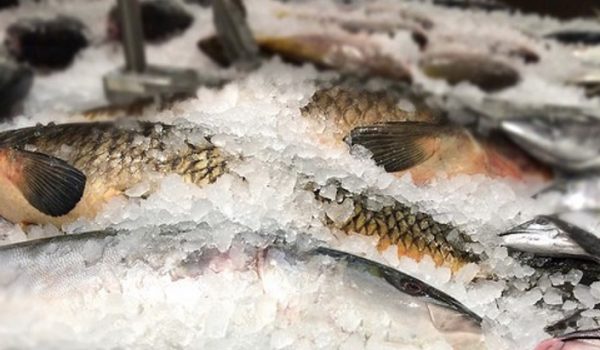Seafood HACCP (Hazard Analysis Critical Control Points) and Regulations
What is Seafood HACCP? Seafood HACCP is a systematic preventive approach to food safety that addresses biological, chemical, and physical hazards in the production and handling of seafood. It involves identifying potential hazards, implementing control measures, monitoring processes, and maintaining records to ensure the safety of seafood products.
Regulations Covering Seafood HACCP: In the United States, seafood HACCP is primarily regulated by the Food and Drug Administration (FDA) under the Seafood Hazard Analysis Critical Control Point (HACCP) Regulation, which became effective in 1997. This regulation applies to all domestic and imported seafood products, including fish, shellfish, and crustaceans, except those specifically exempted.
Who is Subject to Seafood HACCP Regulation? Any individual, business, or entity involved in the processing, handling, distribution, or importation of seafood products intended for human consumption is subject to the seafood HACCP regulation. This includes:
- Seafood processors and manufacturers
- Seafood distributors and wholesalers
- Seafood retailers
- Seafood importers
- Fishing vessels and aquaculture operations
- Food service establishments serving seafood products
Do I Need Training if I Process Seafood? Yes, individuals involved in processing seafood are required to receive training in seafood HACCP principles and procedures. The FDA mandates that at least one individual from each seafood processing facility or vessel must complete training in seafood HACCP. This individual is responsible for developing, implementing, and maintaining the facility’s HACCP plan.
While specific training requirements may vary depending on the role and responsibilities within the seafood industry, obtaining certification from a recognized HACCP training program is highly recommended. Certification provides assurance that individuals possess the necessary knowledge and skills to effectively manage food safety hazards in seafood processing.
Failure to comply with seafood HACCP regulations can result in enforcement actions, including product recalls, seizure of products, and legal penalties. Therefore, proper training and adherence to seafood HACCP principles are essential for ensuring compliance and safeguarding public health.
If you are involved in processing seafood or operating a seafood facility, it is imperative to seek training from reputable sources accredited by organizations such as the International HACCP Alliance or other recognized entities. This will help you meet regulatory requirements, mitigate risks, and uphold the highest standards of food safety in the seafood industry.
Online Seafood HACCP
Take the leap towards becoming a seafood safety champion today! Sign up now for our online Seafood HACCP training program for just $199. Gain the expertise and certification you need to ensure the safety of seafood products from ocean to table. Don’t miss this opportunity to elevate your career and contribute to public health. Enroll…




